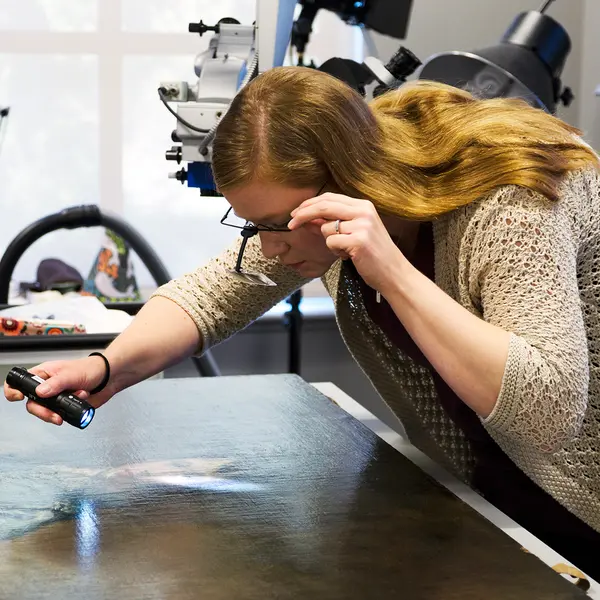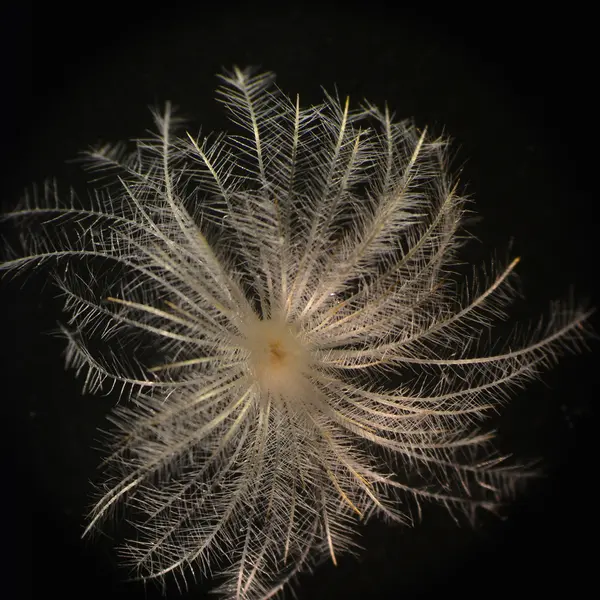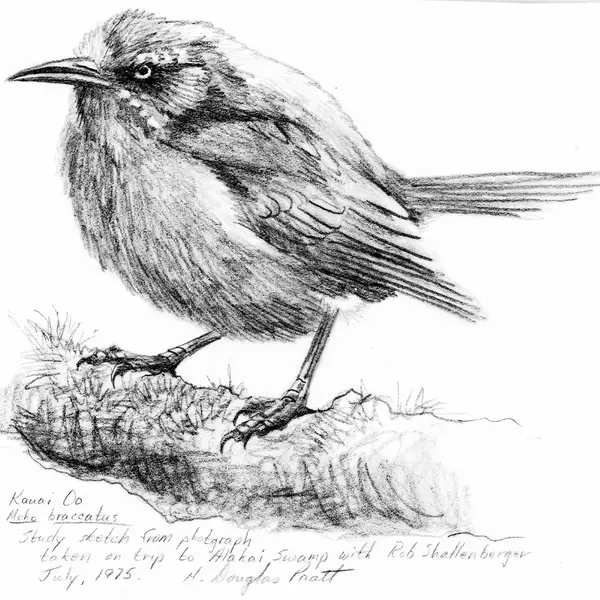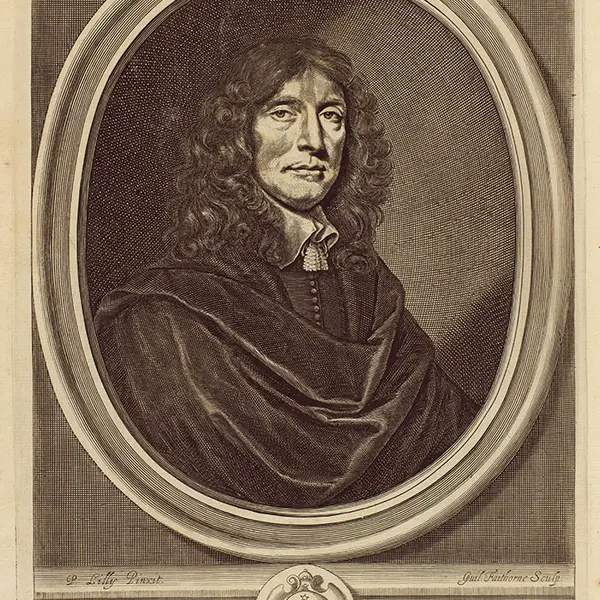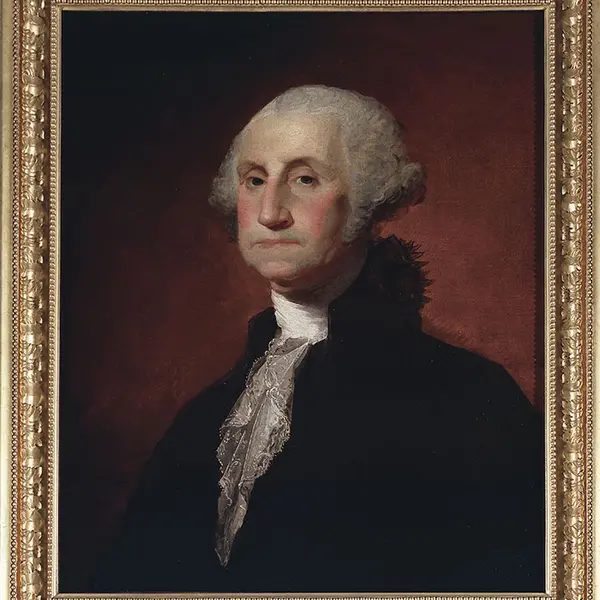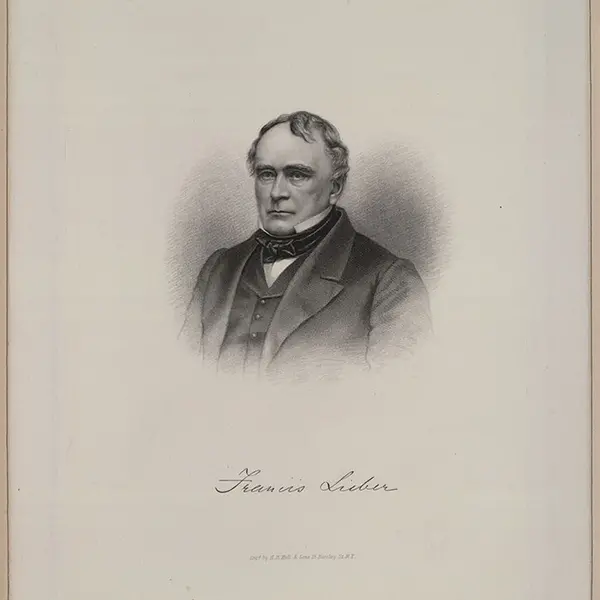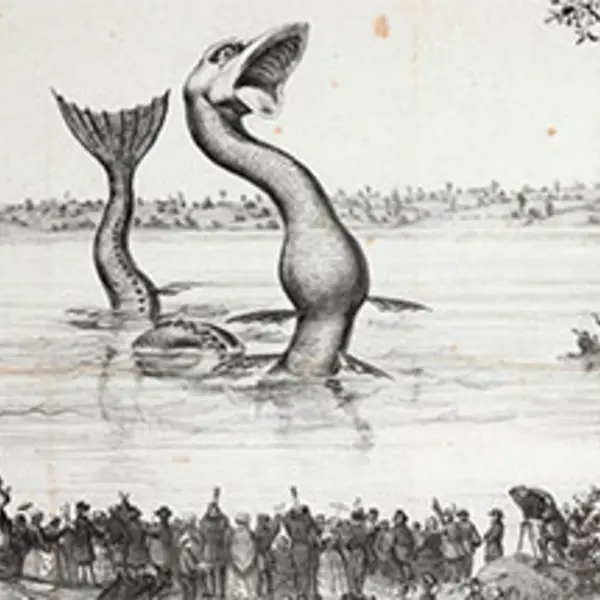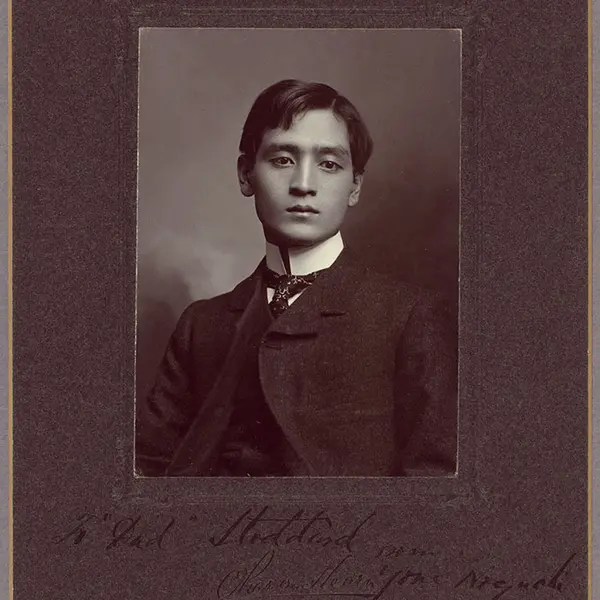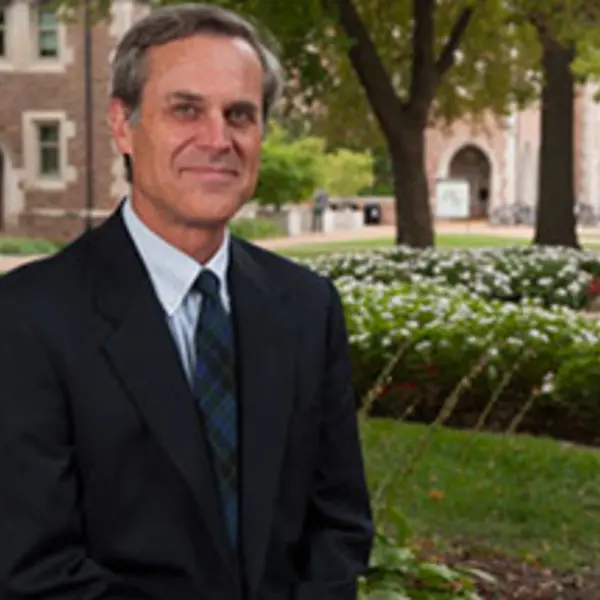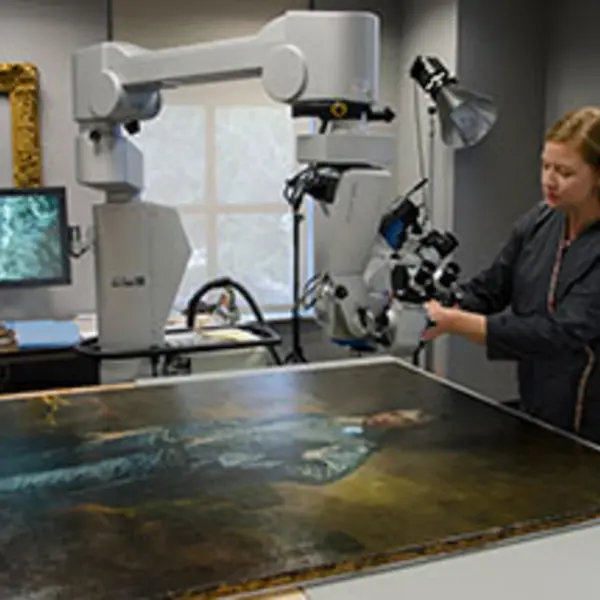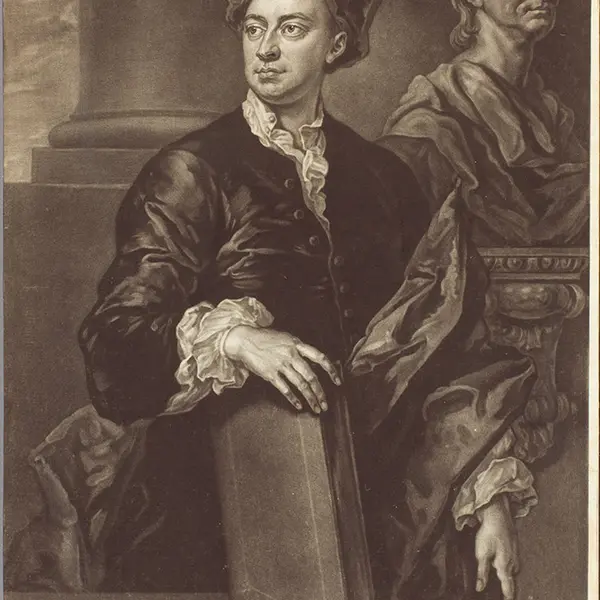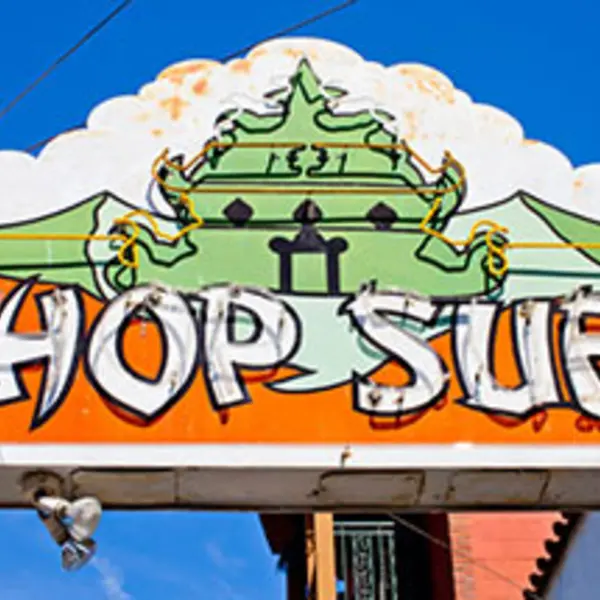Examining The Blue Boy
Sun., April 1, 2018 | Usha Lee McFarling
A paintings conservator and an ear surgeon talk shopThomas Gainsborough’s The Blue Boy (ca. 1770) may well be an icon of Western art and one of the most beloved attractions at The Huntington, but now that it is nearly 250 years old, this epic portrait is in need of some...
A Botanical "Feathered" Friend
Sun., April 1, 2018 | John Trager
Cactus's soft touch provides key to its survivalAs The Huntington’s curator of desert collections, I, along with my staff, care for 2,000 species of succulents, including a vast range of cacti, in the 10-acre Desert Garden...
Counting Extinction
Sun., April 1, 2018 | Daniel Lewis
The last observations of a small Hawaiian birdIn Belonging on an Island: Birds, Extinction, and Evolution in Hawai‘i (Yale University Press, 2018), Daniel Lewis takes readers on a 1,000-year journey as he explores the Hawaiian Islands’ beautiful birds and a variety of topics...
Lectures
John Ogilby’s English Restoration Fantasy
Wed., March 28, 2018 | Daniel K. Richter
John Ogilby was born in Scotland in 1600, died in London in 1676, and was, at various points in between, a dancing master, a theatrical impresario, a translator of Virgil and Homer, and a widely read geographer.
Library
George Washington, a Letter, and a Runaway Slave
Wed., March 21, 2018 | Olga Tsapina
On August 26, 1852, Charles Sumner (1811–1874), the junior Senator from Massachusetts, took the floor of the United States Senate to deliver a major speech against slavery. For three hours, Sumner blasted slavery as a barbaric
Uncategorized
David Armitage, Francis Lieber, and Civil Wars
Wed., March 14, 2018 | Linda Chiavaroli
The concept for the book Civil Wars: A History in Ideas, David Armitage's examination of bloody conflicts from ancient times to the present, germinated in the idyllic surroundings of The Huntington.
Lecture
Making Art/Discovering Science
Wed., March 14, 2018
Steven Shapin, the Franklin L. Ford Research Professor of the History of Science at Harvard University, draws attention to the widely held view that artistic productions are "things made up" and scientific knowledge consists of "things found out." How stable and coherent are such presumptions?
Uncategorized
Yone Noguchi and Haiku in the United States
Wed., March 7, 2018 | Natalie Russell
Haiku is arguably the best-known form of poetry in the United States. Nearly every schoolchild in the U.S. has attempted to write a poem in three lines of seventeen syllables, arranged in the now familiar 5-7-5 syllable pattern.
Lecture
Conversion & Religions of the World in 18th-Century America
Wed., March 7, 2018
Mark Valeri, the Reverend Priscilla Wood Neaves Distinguished Professor of Religion and Politics at Washington University in St. Louis, describes how new ideas of moral virtue and political reasonableness shaped Protestant approaches to religious choice in colonial America.
Lecture
In Search of Blue Boy’s True Colors
Wed., Feb. 28, 2018
Kimberly Chrisman-Campbell, art historian and journalist, reveals the scholarship and science behind Project Blue Boy, The Huntington's two-year effort to conserve one of Western Art's greatest masterpieces in this annual Founder's Day lecture.
History of Science
The Auction Catalogs of Martin Folkes
Wed., Feb. 28, 2018 | Anna Marie Roos
Martin Folkes was perhaps the best-connected and most versatile natural philosopher and antiquary of his age, an epitome of Enlightenment sociability, yet he is today a surprisingly neglected figure.
Lecture
Chop Suey, USA: How Americans Discovered Chinese Food
Thu., Feb. 22, 2018
Yong Chen, professor of history at the University of California, Irvine, discusses the historical forces that turned Chinese food, a cuisine once widely rejected by Americans, into one of the most popular ethnic foods in the U.S.
